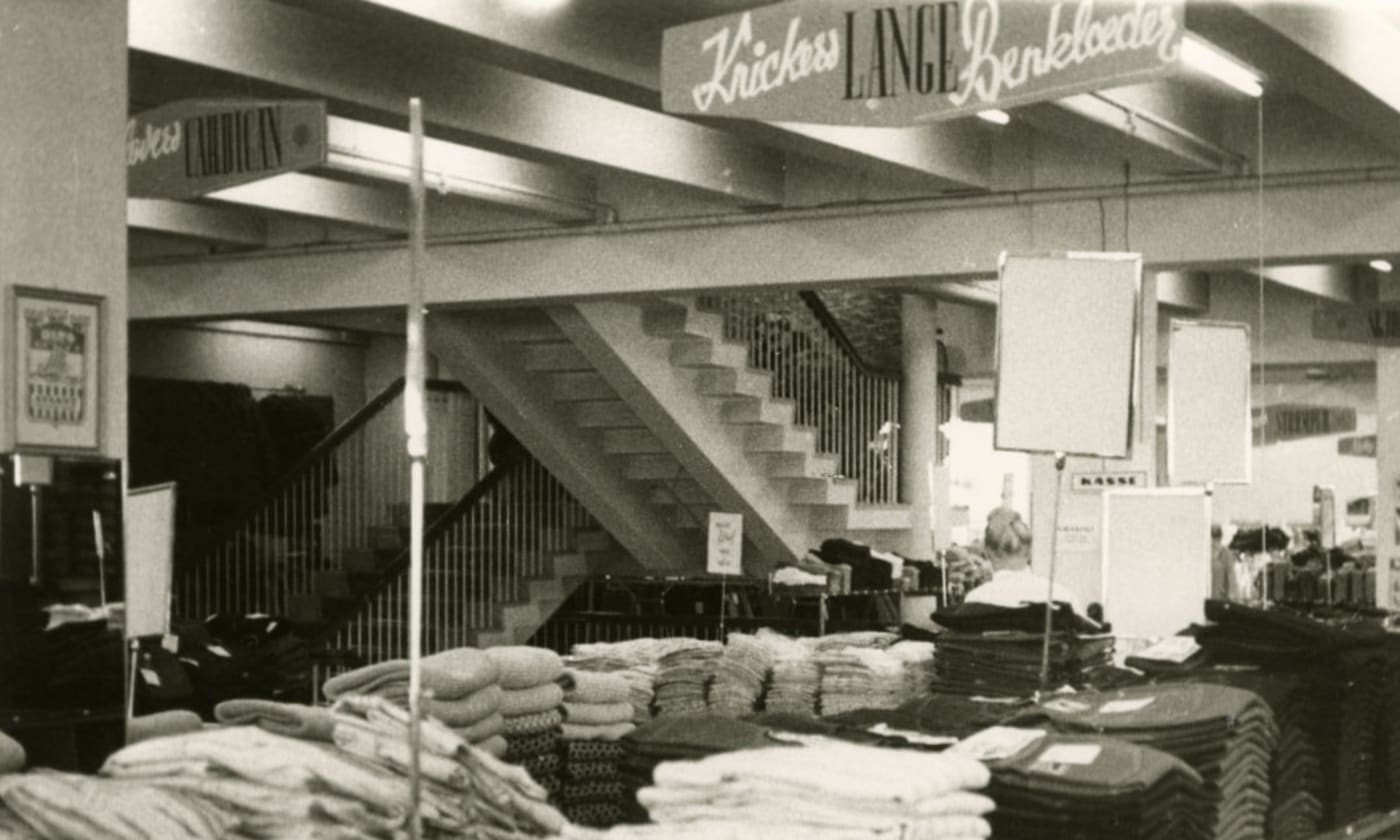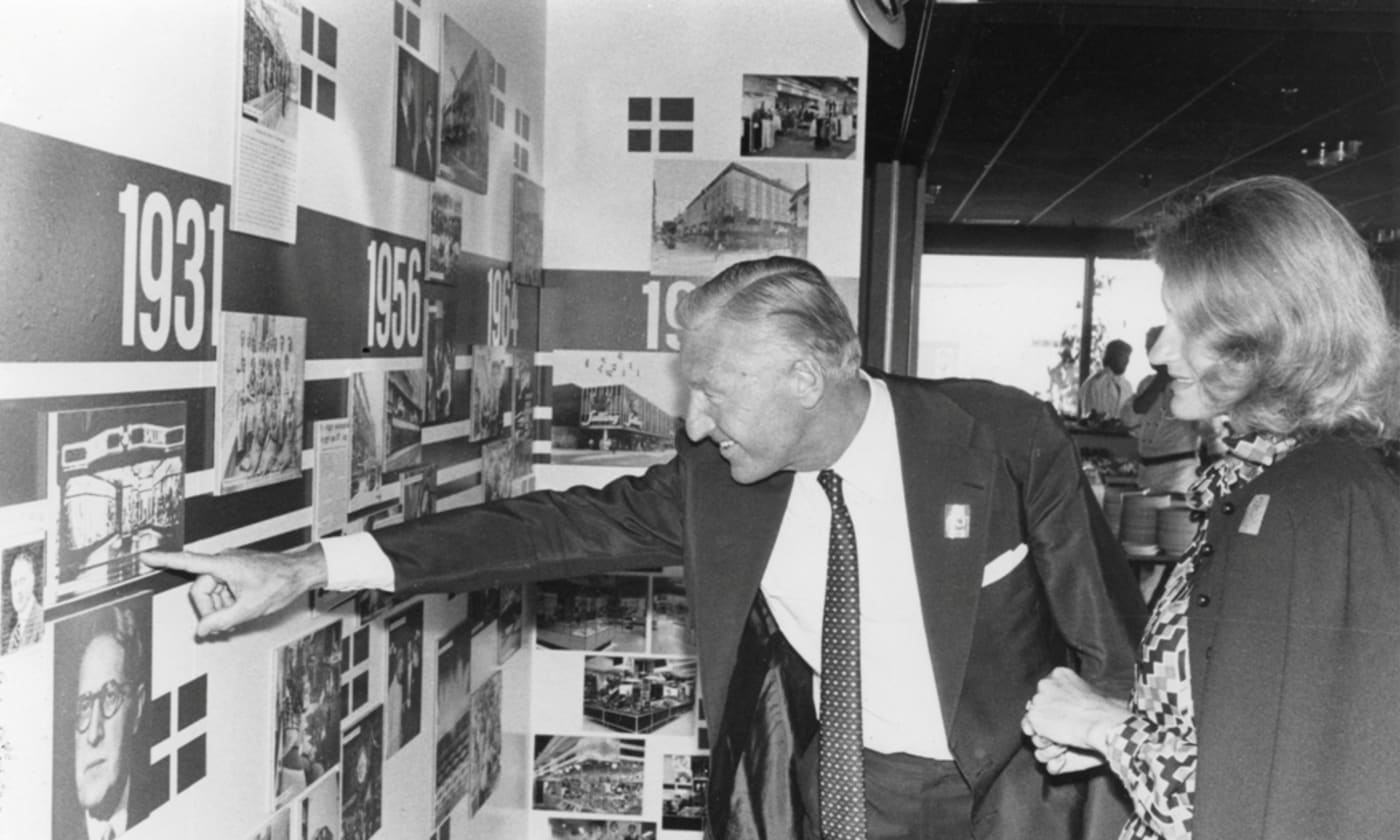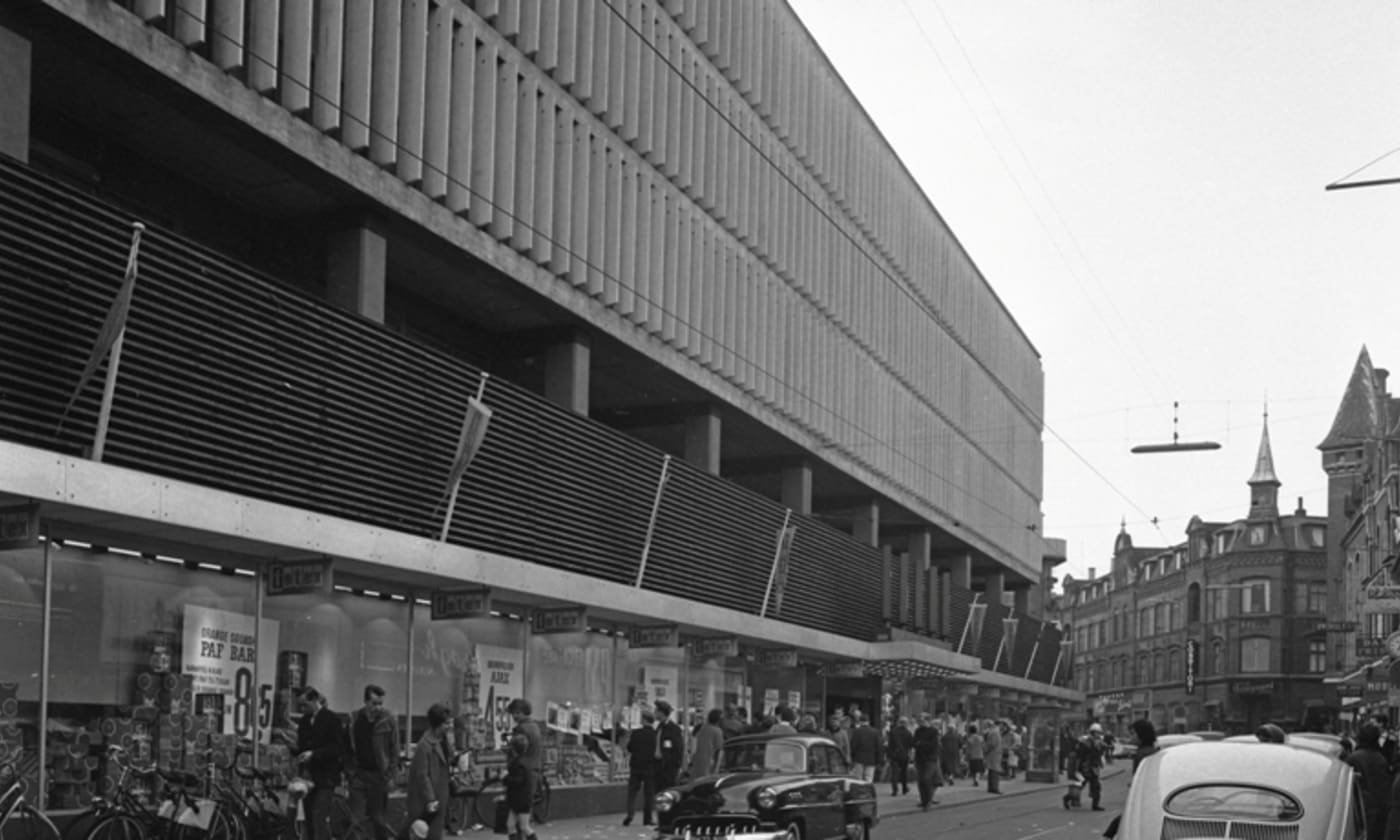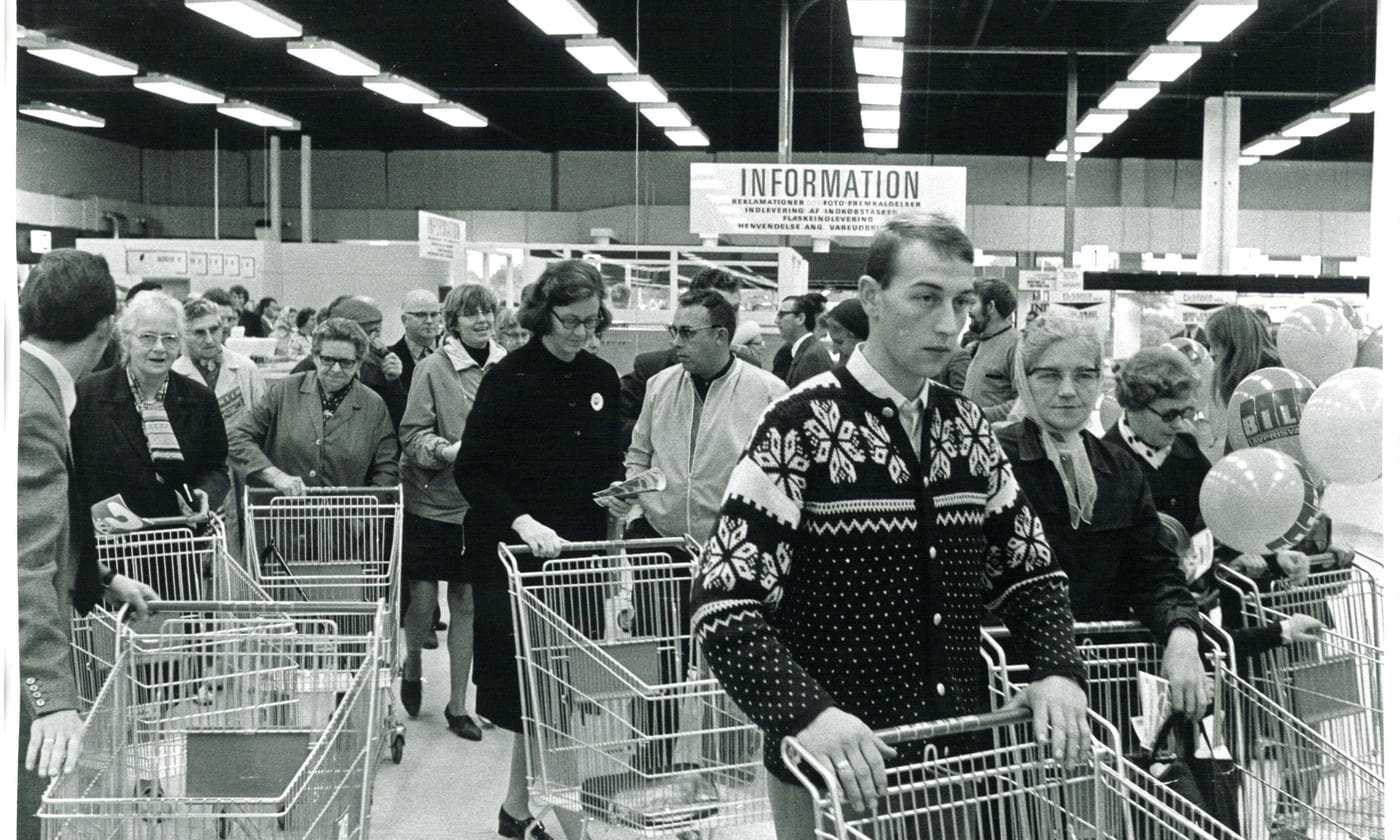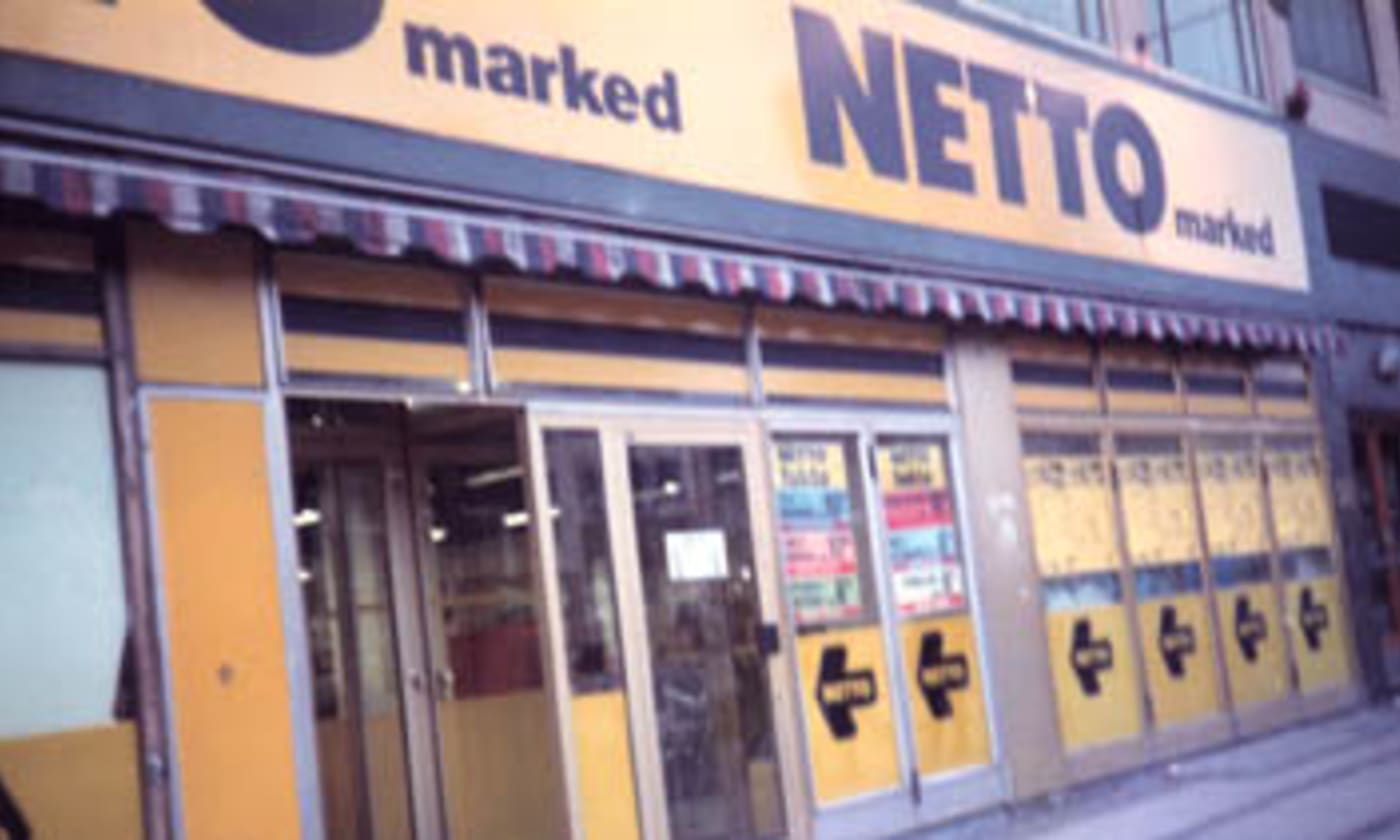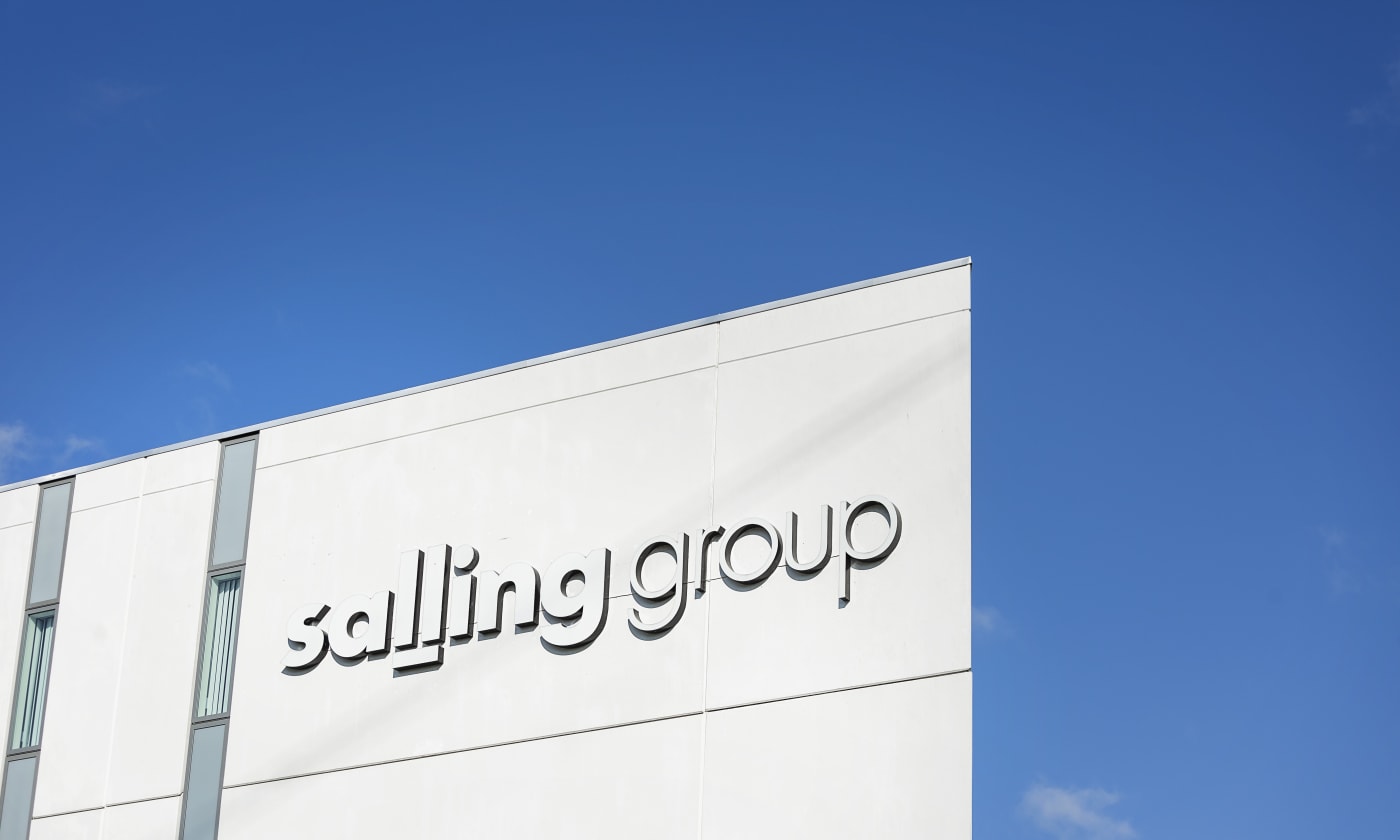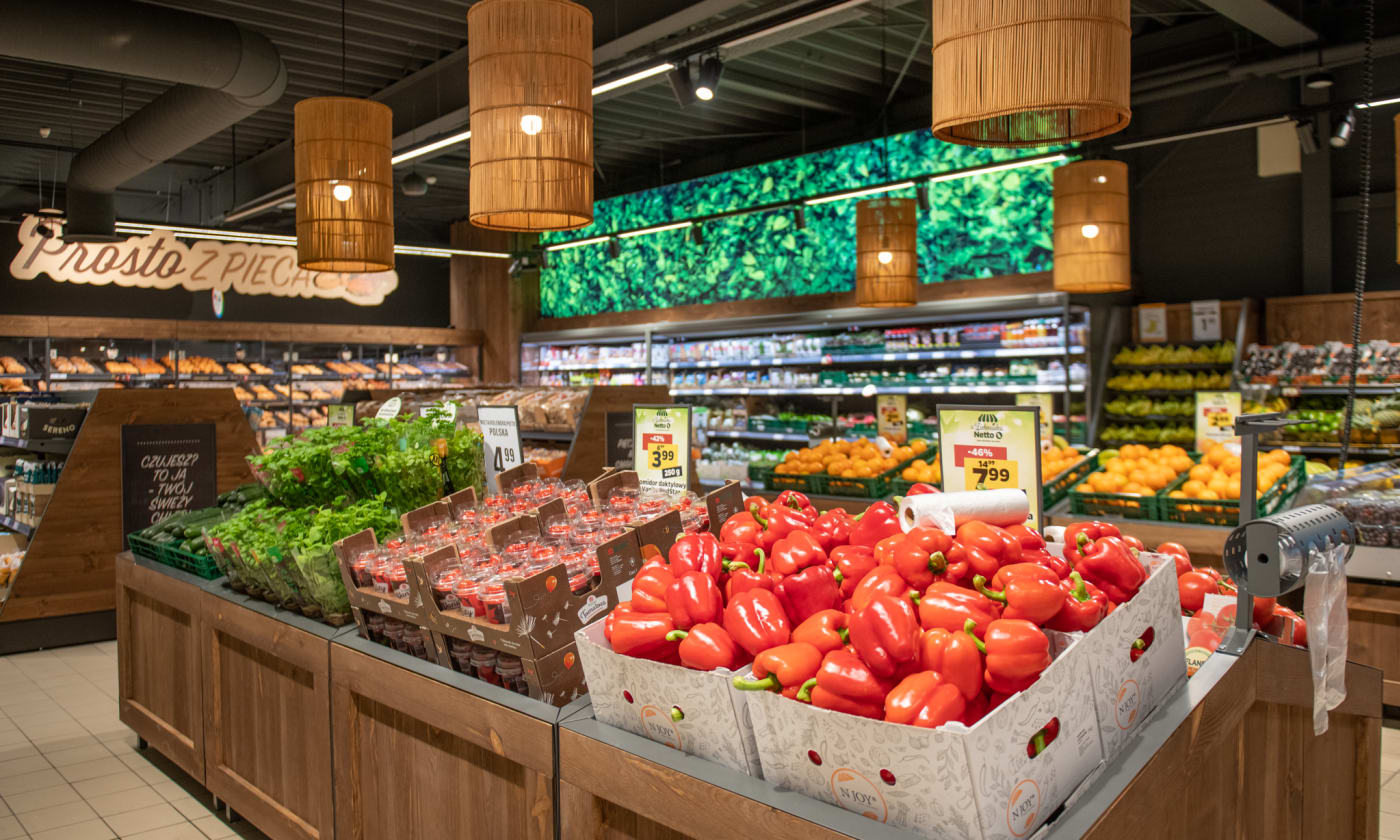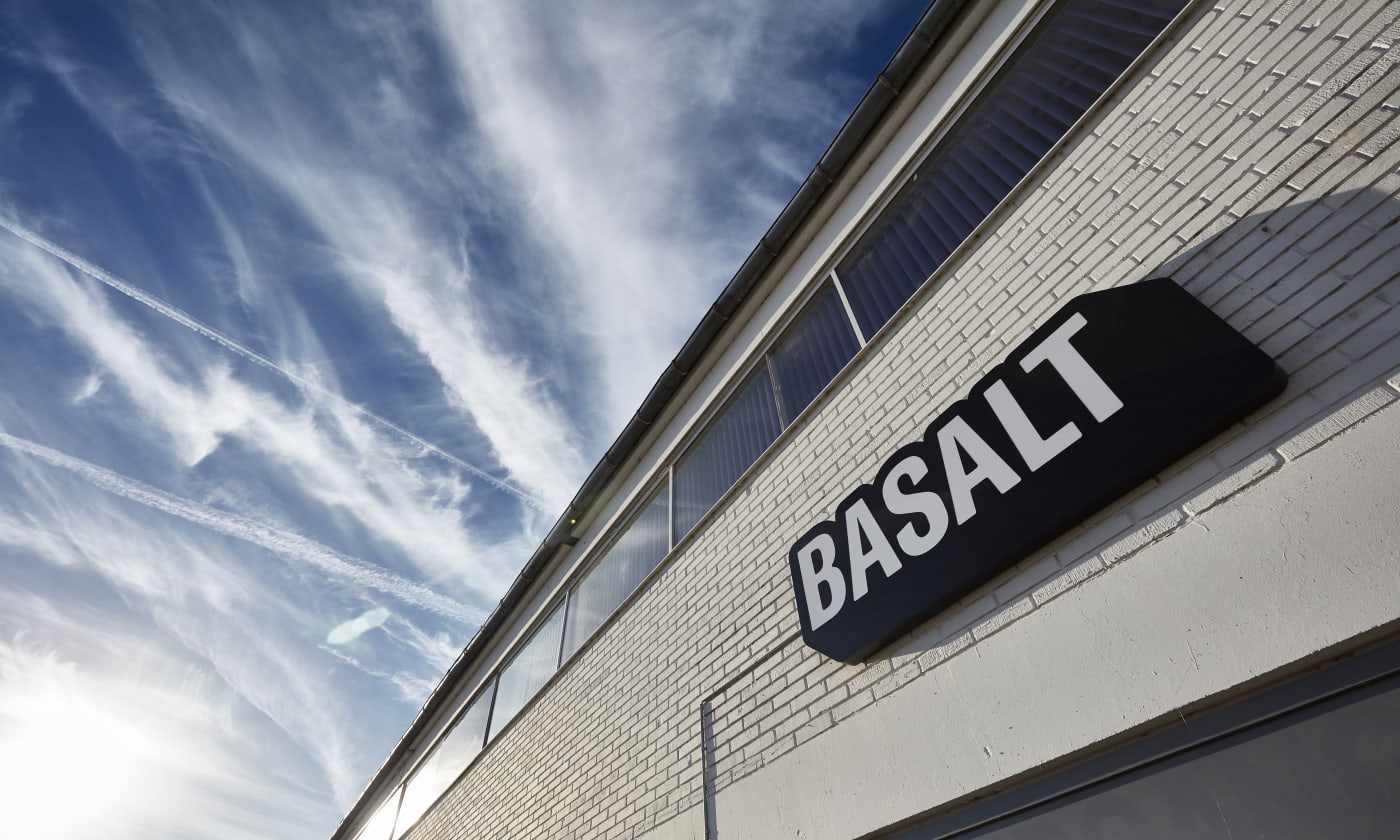From draper’s shop to retail group
Salling Group's history stretches back more than 100 years to 1906. Over the years, the company has developed dramatically, and what began as a small draper’s shop in Aarhus is today an international retailing group.
In 1906, Ferdinand Salling opened his draper’s shop in Aarhus. The shop gradually grew, and in 1948 the first part of the Salling department store was opened. After his death in 1953, his son Herman Salling took over the business and began to modernise and expand Salling’s department stores.
Just like his father, Herman Salling was an entrepreneur, and in 1960 he established Jysk Supermarked in order to realise his plans to build chains of supermarkets and department stores. The same year, he opened Denmark's first supermarket, føtex. Herman Salling’s business grew over the following years and became the basis of Salling Group.
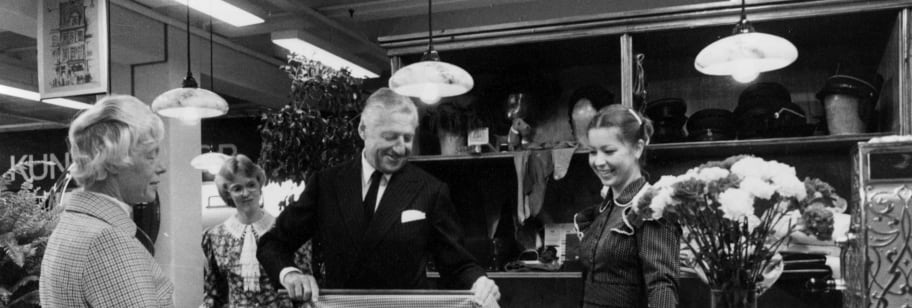
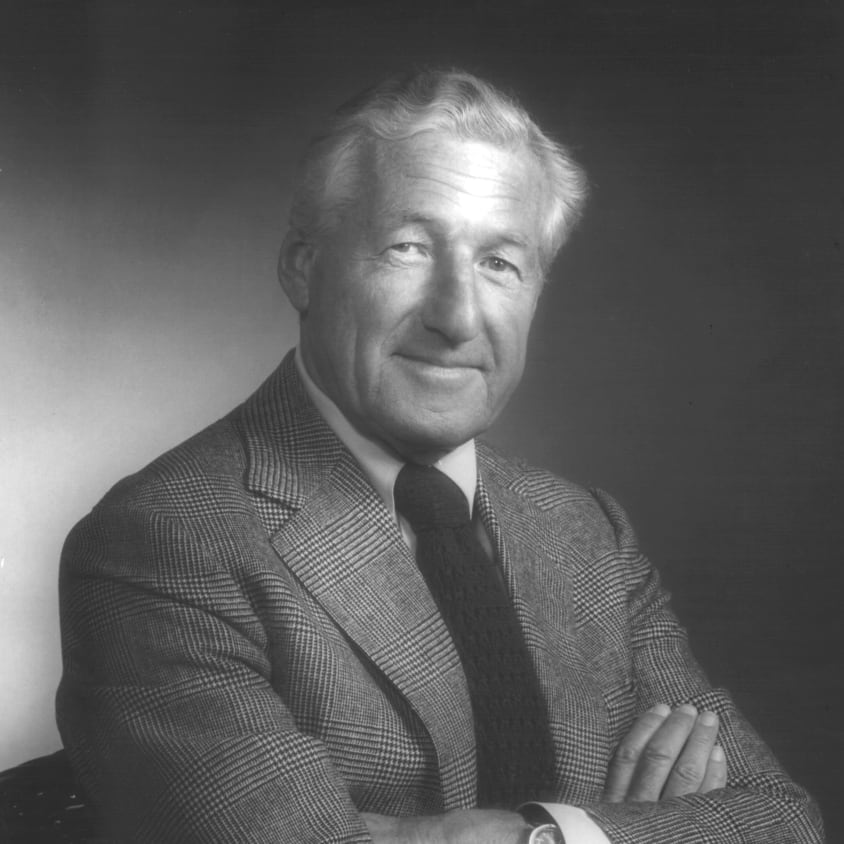
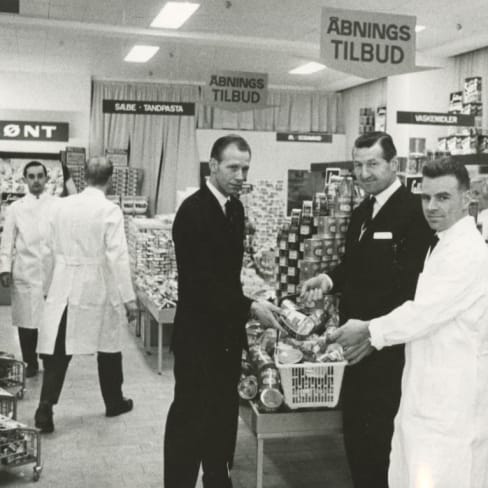
Our history
1906: Ferdinand Salling opens his draper's shop in Aarhus
Salling Group has roots all the way back to 1906, when merchant Ferdinand Salling opened a small draper's shop in Aarhus.
Ferdinand Salling was a man of great ambition, and in the following years he bought up several surrounding properties to realise the dream of a magnificent department store in the heart of Aarhus.
1948: The first Salling department store opens
Since the first department store opened in 1948, our business has undergone significant development. What all our chains have in common to this day is that they always develop in line with the customers' needs. This was precisely the basis for opening føtex as the country's first supermarket in 1960 – to offer consumers a completely new way of shopping.
1953: Herman Salling takes over the business
Following Ferdinand Salling's death in 1953, his son Herman takes over the business.
For Herman, the customer's needs always took centre stage – for him it was about making everyday life better for customers. At the same time, he was constantly focused on reducing costs, so he could ensure customers the best possible prices.
Throughout his lifelong career in retail, he gathered inspiration from abroad, such as the United States, the United Kingdom and Germany, and he was always proud to lead the industry in Denmark.
The three retail chains, føtex (1960), Bilka (1970) and Netto (1981), were all created to support new shopping habits and changes in lifestyle.
In 1999, Herman Salling retired, and shortly after his 60-year anniversary at the company in 2006, he passed away. His spirit remains a central part of our culture.
1960: føtex, Denmark's first supermarket, opens its doors in Aarhus
Since the first department store opened in 1948, our business has undergone major developments. Our chains have always developed in response to customer needs – such as when føtex offered consumers a whole new way to shop in 1960 with the country's first supermarket on Guldsmedgade in Aarhus.
1970: Bilka, the country's first hypermarket, opens in Tilst
The opening of the first Bilka hypermarket attracted huge attention in 1970. Many pilgrimages took place to the country's first hypermarket in Tilst, on the outskirts of Aarhus, to experience what this new kind of store could offer.
1981: The first Netto store opens in Copenhagen
In 1981, Netto became the first store to offer customers the most important everyday goods at low prices – and today the chain is successful in as many as three countries. In 1996, the first 24-hour Netto opened, which offered the most important everyday goods around the clock. These were mainly smaller Copenhagen stores, but after the success of 24-hour Netto stores in larger cities throughout the country, 24-hour Netto was phased out in 2016.
1990: Netto starts its international growth
After nine successful years with Netto in Denmark, the discount chain left the country’s borders in 1990 and opened its first shops in the United Kingdom and Germany. In 1995, Netto also established itself in Poland, and later it crossed the Sound to open the first Swedish Netto in 2002.
In 2011, the 193 British Netto shops were sold. Netto returned to the United Kingdom in 2014 in a joint venture with the British chain Sainsbury's, and it exited the market again in 2016.
In 2019, Salling Group divested the Swedish Netto shops to CBS. Today, Netto has more than 600 stores outside of Denmark.
2017: 100% owned by the Salling Foundations
About the Salling FoundationsIn order to finance its ambitions for growth, in 1964 Herman Salling invited A.P. Møller-Maersk to become a partner in Jysk Supermarked with an ownership interest of 50%. In the same year, the company was renamed Dansk Supermarked.
In 1982, A.P. Moller-Maersk increased its stake to 68% by buying the shares in the company that Herman's sister Inger had inherited from their father. The Salling Foundations thereby owned 32% of the company.
In January 2014, the group generated capital for the Salling Foundations to acquire 49% of A.P. Møller-Maersk’s shares. The foundations thereby gained majority ownership with 81% of the shares. In November 2017, the process was completed when the Salling Foundations acquired the remaining 19% of the shares. The group was now 100% owned by the Salling Foundations.
2018: Dansk Supermarked Group changes its name to Salling Group
Following the acquisition of the remaining shares, Dansk Supermarked changed its name to Salling Group in June 2018. This new name encompasses what we are today and honours our history and founder.
2020: Salling Group completes the purchase of Tesco Poland
With the acquisition of Tesco Poland, Salling Group acquired 300 stores and two distribution centres. The 300 stores were converted to Netto stores, thus doubling Netto’s business in Poland. Poland is Salling Group's largest growth market, and with this acquisition, a strategically important ambition was thus fulfilled.
2022: BASALT opens its doors in ten locations in Denmark
For the first time in 40 years, we opened a new chain, BASALT, in ten locations in Denmark. As a result of rising energy prices and inflation, Salling Group tested the BASALT store concept to secure Danish households significantly lower prices for the most purchased daily goods. The low prices were possible because BASALT removed a large number of costs for energy and reduced the range and opening hours. As part of the test, the number of stores and products in the assortment has been continuously adjusted.
In the spring of 2023, Salling Group reevaluated the project. As energy costs have returned to a more normal level, and there is a prospect of lower inflation, Salling Group has brought forward the final evaluation of BASALT. The evaluation has concluded that customers prefer offers rather than buying basic goods in one place at fixed low prices, and therefore the test is closed. Several of the stores are reopening as Netto stores.

